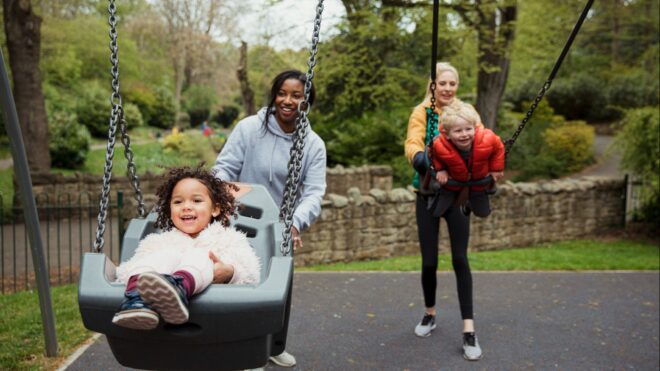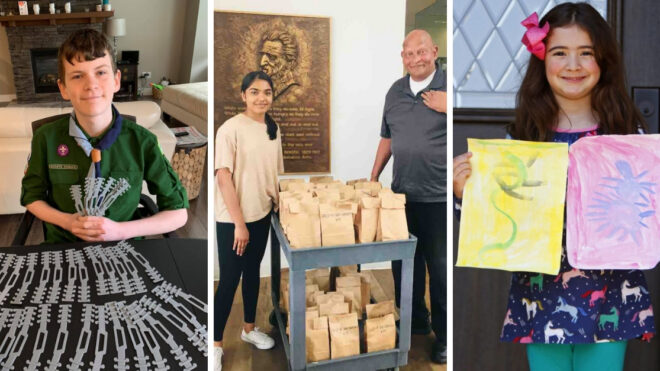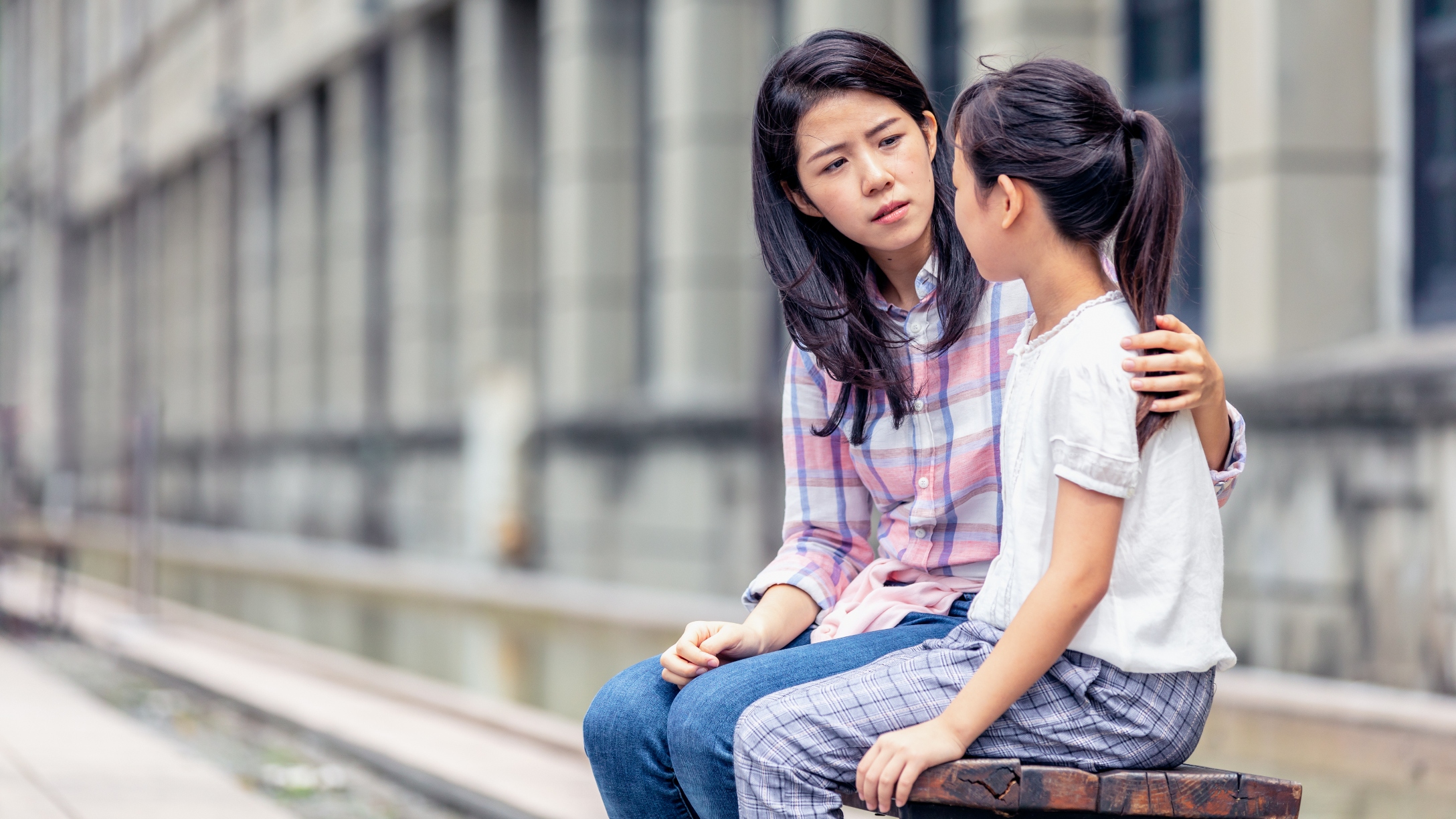
My son was born in Portland, Oregon, a city that is known for a lot of things: its progressive values and environmental-focused philosophies, Powell's Books, and a general vibe that being weird is good, even something to celebrate. Portland is also known for its sizable homeless and houseless population, and nearly everyone who lives in the city proper will directly interact with this population throughout their time living there.
When my son was in kindergarten, he and his classmates took a field trip to see a play. We all boarded the city bus (an experience that was genuinely fun to do with 20 to 25 small children — most of them rode the bus all the time) and headed to the theater. We still had a few blocks to walk once we arrived at our stop, and on that walk we encountered many, many homeless and houseless people.
I'll never forget that short little walk, mostly because not only were many of the children not surprised by the number of people who were sleeping in tents or on sleeping bags on the sidewalk, but they were actively making sure they didn't step on anyone's belongings, they didn't speak too loudly to wake anyone up, and none of the kids expressed any worry or fear on the walk. The experience has stuck with me because it underscores a parenting philosophy that I hold really close: Our children will only be scared of or worried about things if we teach them to be.
There's nothing inherently scary about a homeless or houseless person; in fact, many of our children may already know a child who lives in a shelter, or even in a car, without even knowing about it. Homeless and houseless people are part of our communities, and it's important that we teach our kids to treat these community members with kindness and respect.
Homelessness vs. Houselessness

I was first introduced to the term "houselessness" while living in Portland. As explained by the nonprofit Do Good Multonomah, "Home is so much more than a physical space. By calling individuals experiencing houselessness 'homeless' you may be stripping away that connection.
"Houselessness is simply lacking a place to live. We use the term 'houseless' because that is the term most of the population we serve chooses to use."
Some homeless people might prefer the term houseless, but others might not. There is no one-size-fits-all term to use, but I like the idea of emphasizing that a house is just the physical space where you might happen to live. A home is where your heart is, and that can be anywhere — even on a sidewalk.
Talking to Children About Homelessness and Houselessness Is Easier Than You Might Think
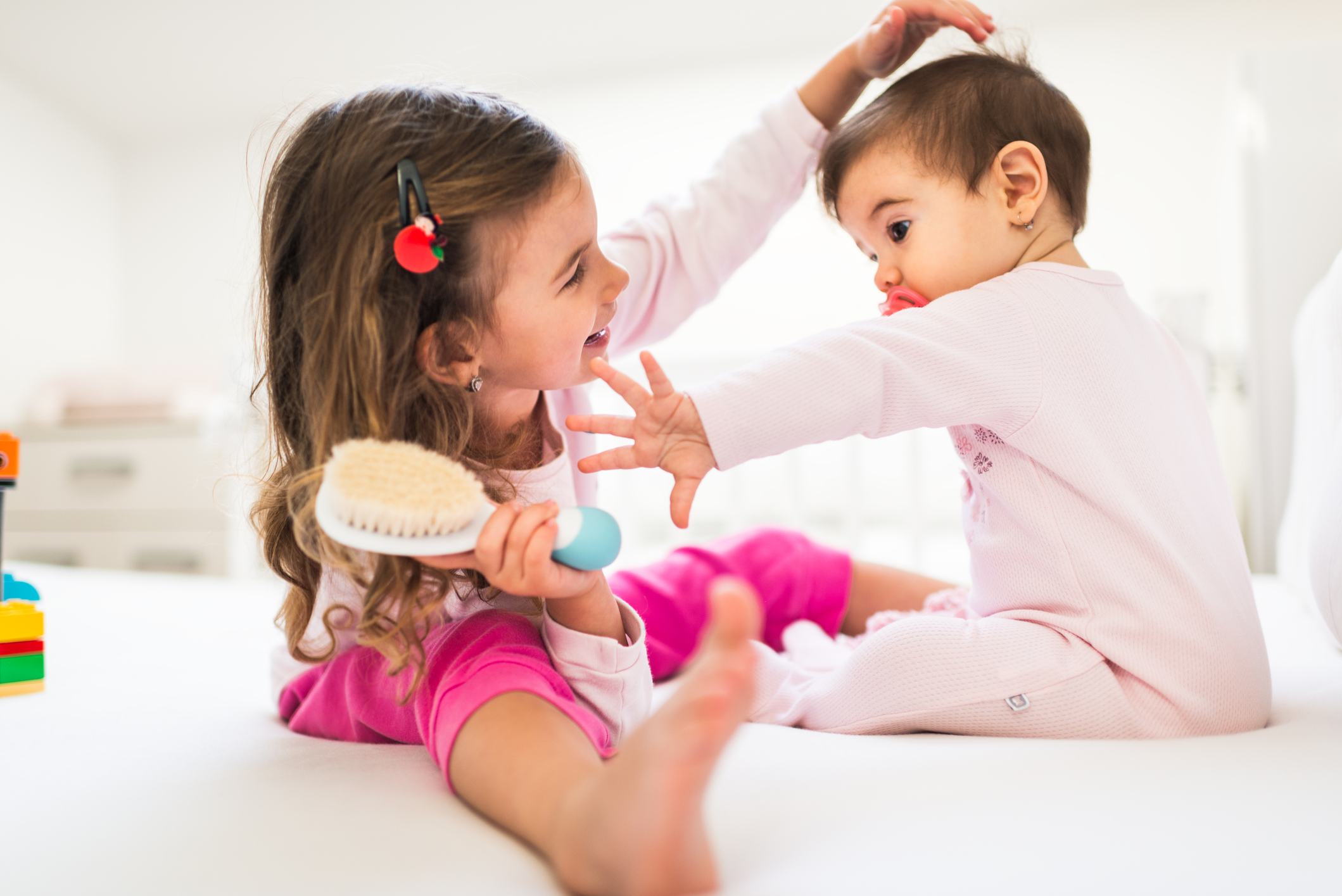
In 2009, a team of researchers found that each person just might be born with an innate desire to help others. This is another thing I've loved since I learned it. While it's easy to believe that the world is generally a dark place, I always hold on to the idea that most people will help other people just because they want to.
Author Michael Tomasello wrote in his book Why We Cooperate that "infants 18 months old see an unrelated adult whose hands are full and who needs assistance opening a door or picking up a dropped clothespin, they will immediately help."
Elizabeth Spelke, a psychologist at Harvard, believes that it's possible children that young are acting out of a genuine desire to help others: "It's probably safe to assume that they haven't been explicitly and directly taught to do this. On the other hand, they've had lots of opportunities to experience acts of helping by others. I think the jury is out on the innateness question."
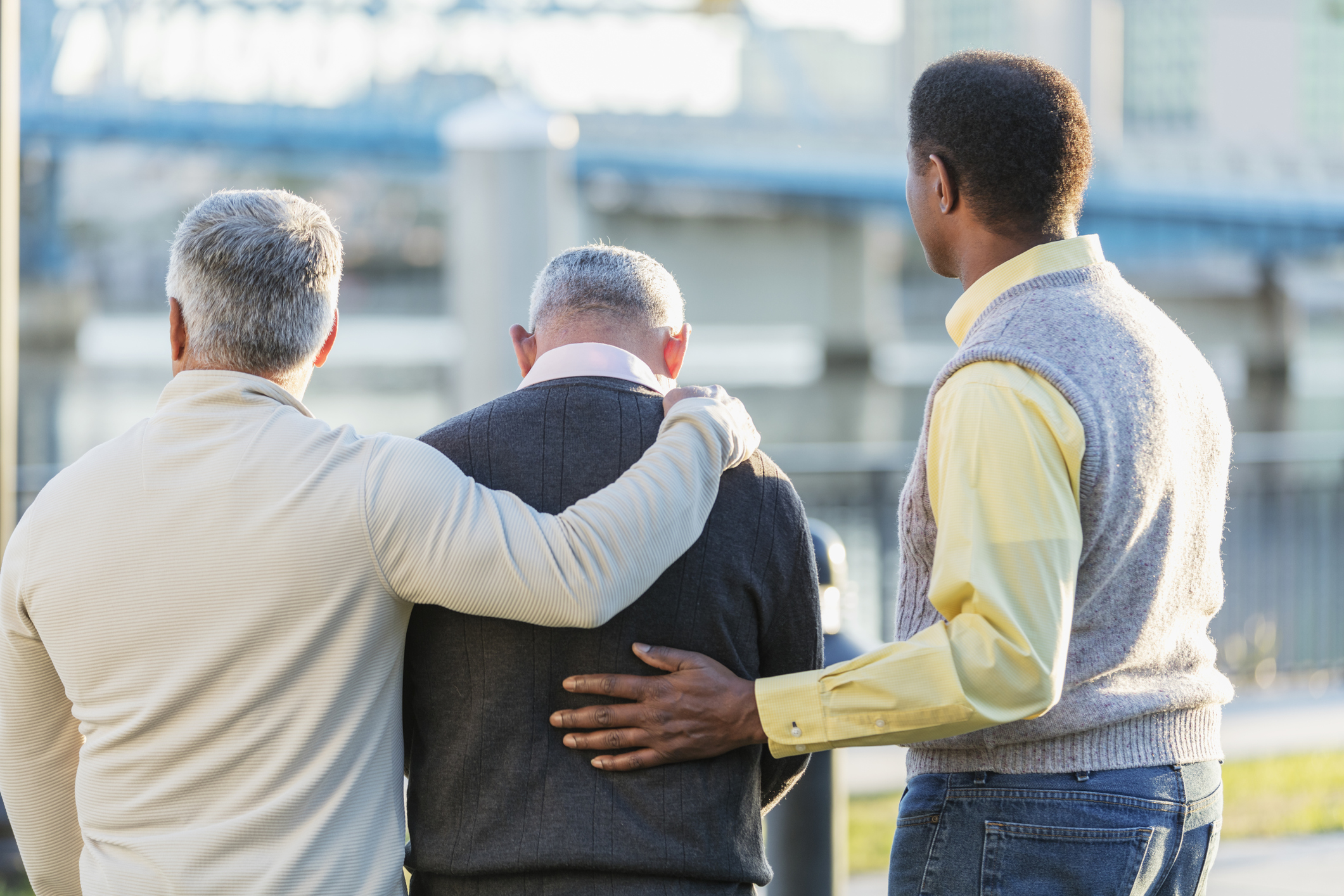
Before you can begin to talk to your own children about our homeless and houseless community members, it's important to examine what biases you might be harboring against that same community. Do homeless and houseless people scare you? Worry you? Confuse you? If so, it will be tough to have a conversation with your kids that isn't filled with scary, worrying, or confusing statements.
After you've started down this road, it's also important to ask yourself why you want to have this conversation with your children in the first place. Are you hoping to instill compassion and empathy for your homeless and houseless community members? A sense of duty or activism? Or something else entirely?
Conversations like this one don't have to be overwhelming, especially if you break down what you hope to say ahead of time. After all, if you've noticed homeless and houseless people in your community, your kids have, too. They're sure to have their own questions and could have even just been waiting for you to bring the topic up.
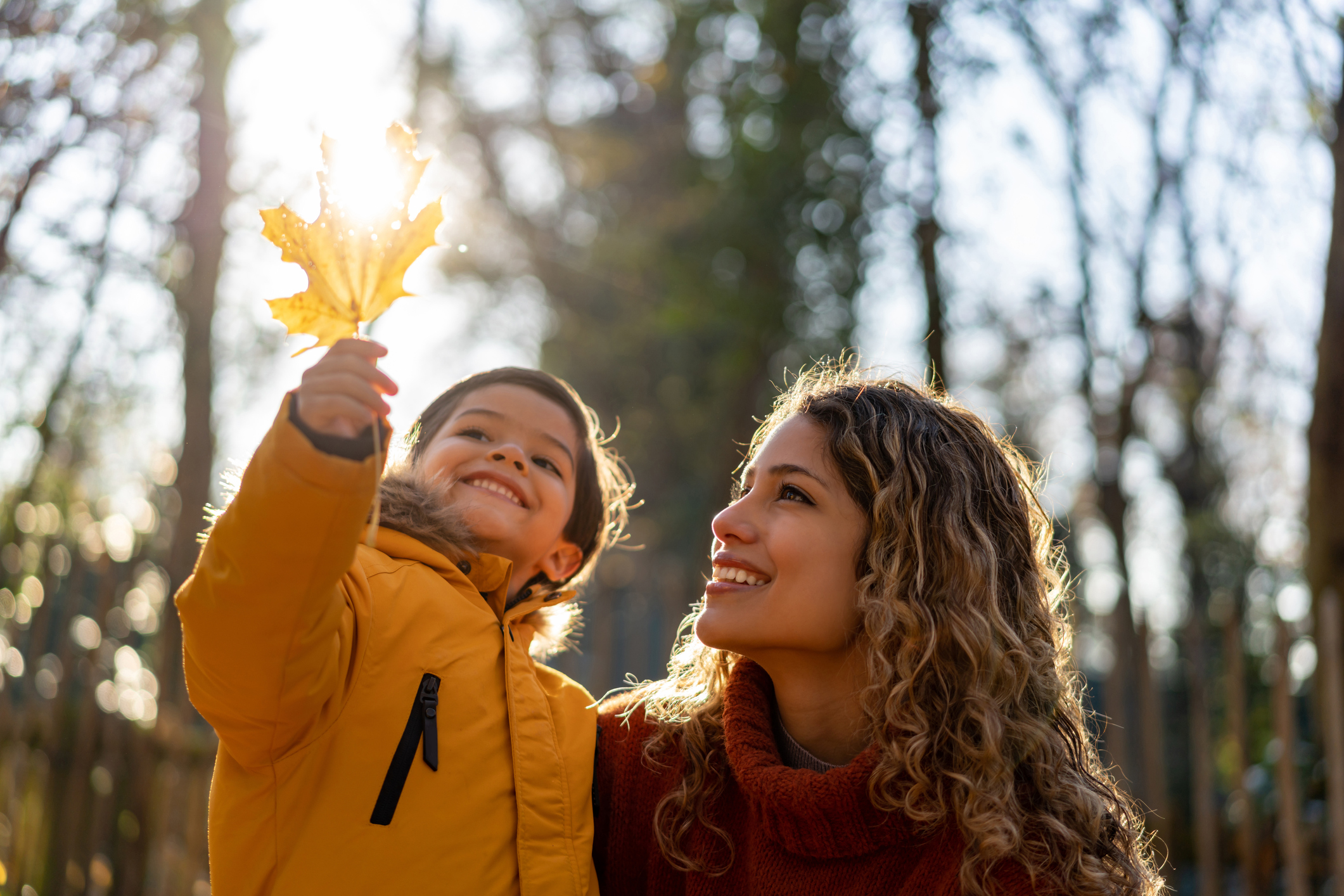
The United Way of Massachusetts Bay and Merrimack Valley writes that the conversation doesn't have to be too long:
"These conversations don't have to be long or drawn out. Start simply and continue to talk as your children get older. Five- to 8-year-olds are transitioning from being me-centered to seeing themselves as part of a group, and are becoming interested in solving the problems they see. With small children, it's also important to communicate that they are safe. Let them know that while they have a home and food to eat, some people are not as fortunate. Older kids should understand that some kids and families are homeless – and the [effect] that homelessness can have on kids' ability to learn and be successful in school, make friends and stay healthy."
What To Avoid While Talking About Homelessness and Houselessness
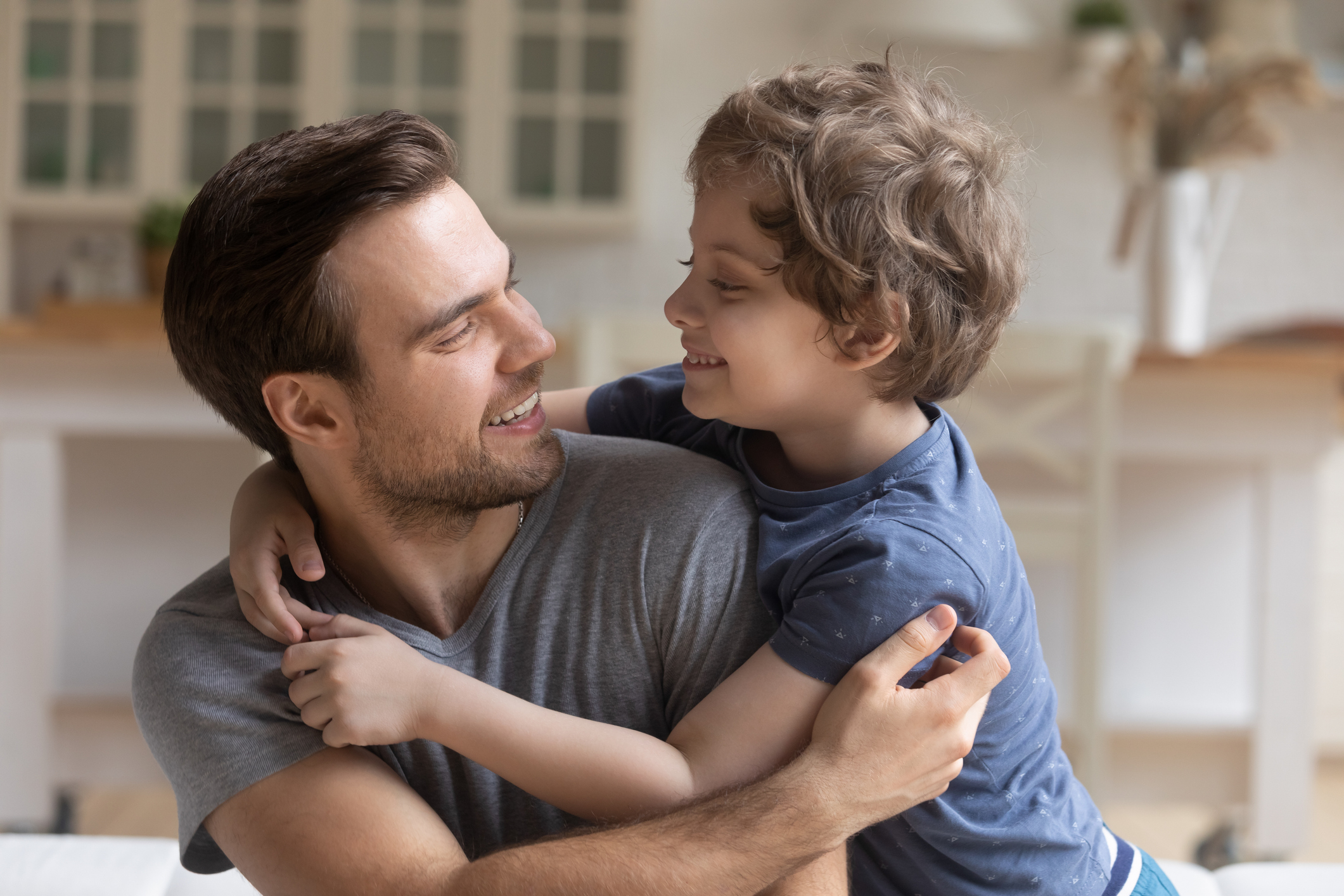
It's always tough to talk about a topic that you haven't personally experienced, especially when you're trying to have that conversation with your kids. None of us want to mess important conversations up!
There are a lot of potential ways that a conversation about homelessness and houselessness could go sideways. Here are a few things to avoid:
- Don't tell your kids that they could end up homeless or houseless if they don't do well in school.
- Don't imply that where someone lives is a good way to judge who they are as a person.
- Don't treat homeless and houseless people like victims or like they aren't really people in the first place.
What To Say About Homelessness and Houselessness to Your Kids
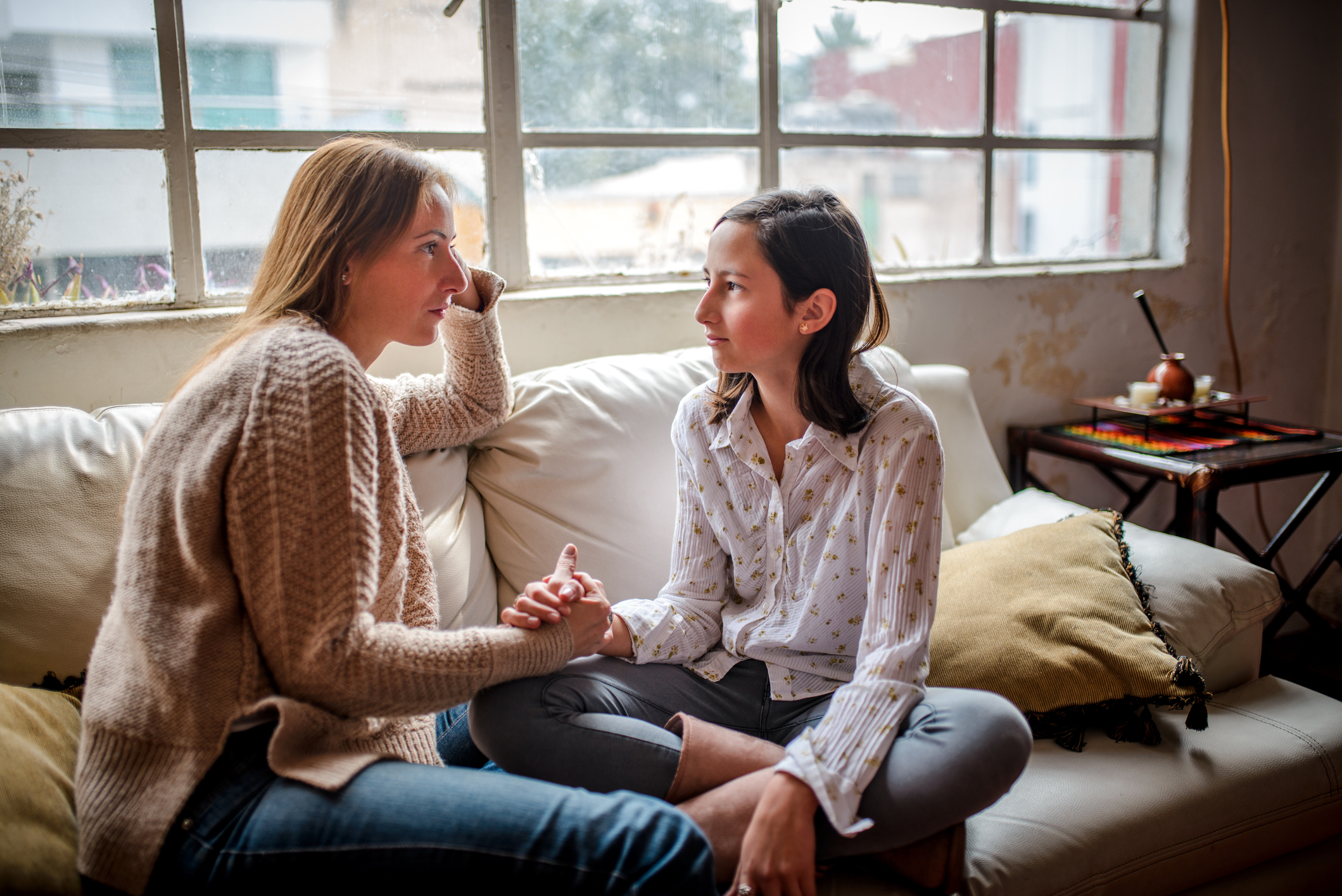
Once you have the don'ts out of the way, it's a lot easier to focus on the do's! It's OK to contribute your own feelings to the topic — the United Way even offers an opening statement that could work: "I think it's sad that person doesn’t have anywhere to live."
When opening up conversations about homelessness and houselessness, do remember that your kids are probably just curious, especially if they bring up the topic first. Child development and behavior specialist Betsy Brown Braun wrote, "It is important to understand that homelessness is not a 'loaded' issue for the child … yet. His questions about a homeless person usually stem from genuine curiosity. That person doesn’t fall into any of the categories of people with whom he is familiar. He is not passing judgment; he is wondering."
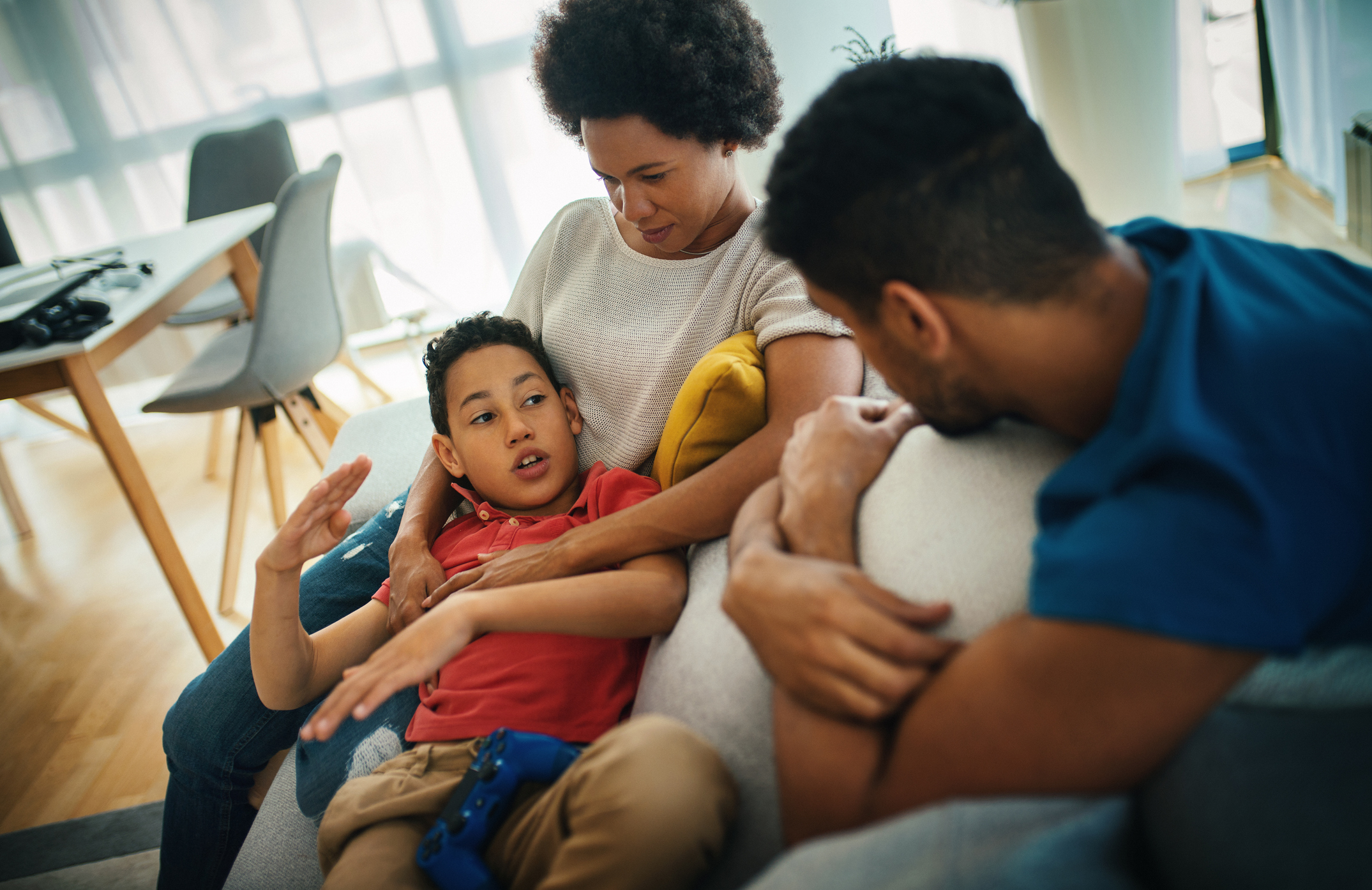
Brown also writes that parents need to be honest with their children about homelessness and houselessness, but that we also need to exercise compassion. She even offers a few sample answers to common questions kids have about homelessness and houselessness:
- "A person who is homeless has no place to sleep, to eat, to shower and keep himself clean, or to keep his belongings. He has no home.
- Usually, the homeless person doesn't have family or friends who can help him. (This concept is particularly difficult for the young child to grasp, as he can't even imagine not living with a mommy or daddy.)
- For grown-ups, having a home costs money. A homeless person is an adult who doesn't have the money he needs to own a house or rent an apartment or to buy food.
- There are many reasons that a person doesn't have money. Usually it is because the he doesn't have a job. (With older children, this may lead into a discussion about the ways that people get jobs.)
- Mental illness is when a person's brain is not working the way it is supposed to. Just like people have problems with their bodies, sometimes a person has a problem with his brain. (It is important, for the sake of the child, to add that it is not common to have those kinds of problems. Most people do not have mental illness.)"
Empathy Is Everything
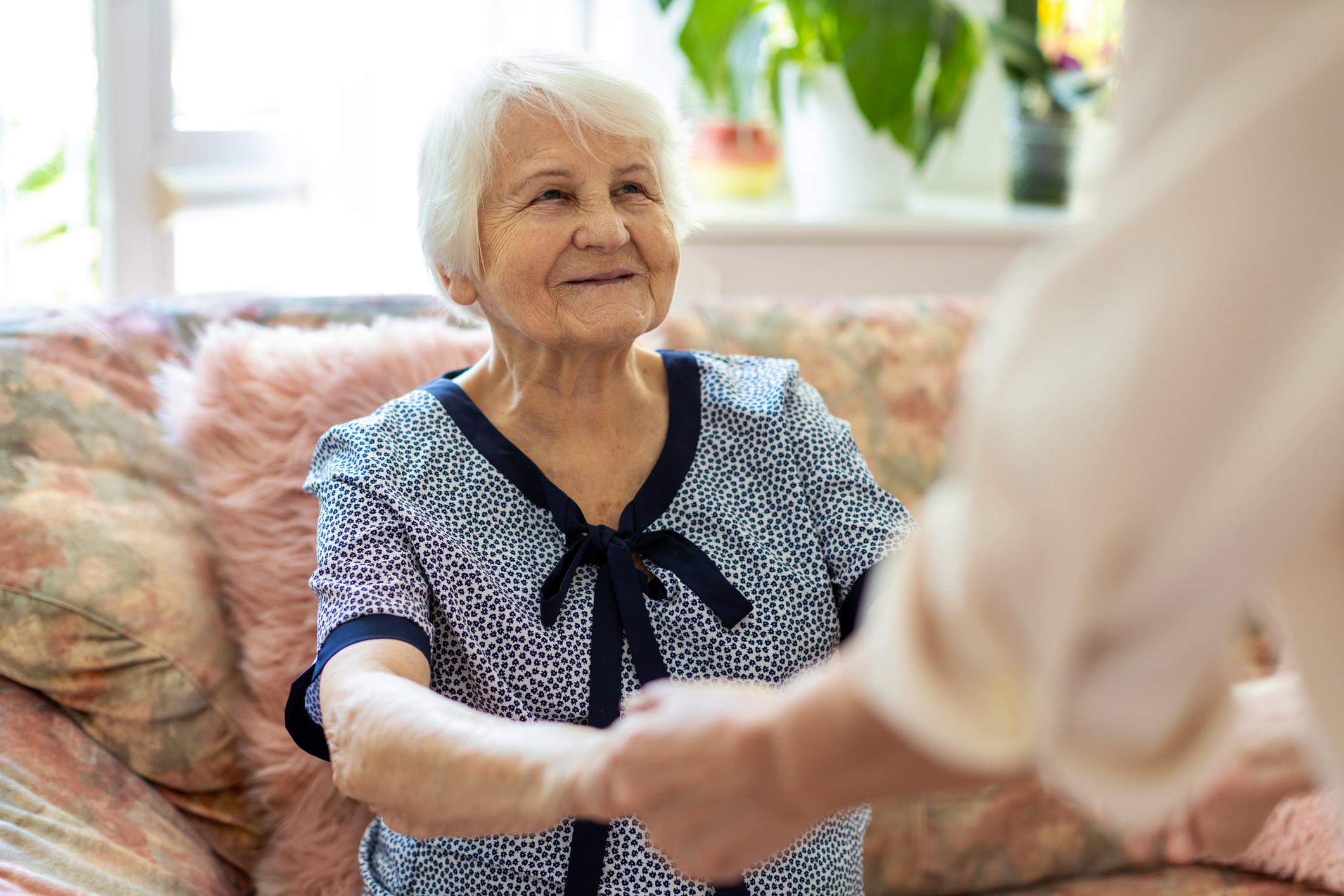
When it comes to conversations about homelessness and houselessness, or any tough conversation that can feel intimidating to parents and kids alike, it's important to remember that empathy is almost always the way to go. It's rare that anyone ever regrets acting in a way that is kind and empathetic, and modeling that behavior to our kids is one of the most powerful things a parent or guardian can do.

